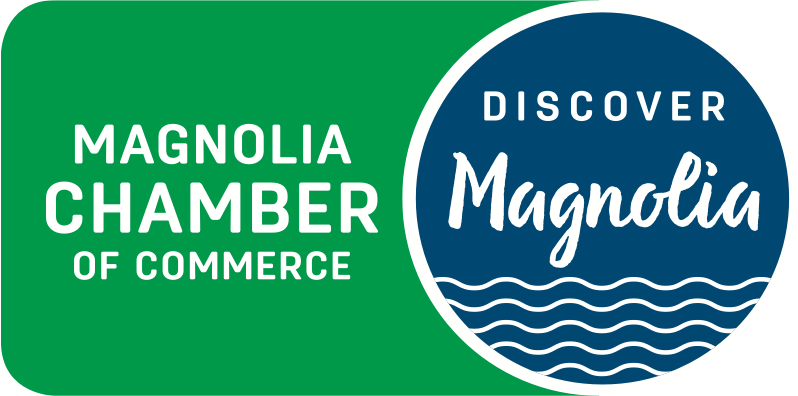As expected, Gov. Jay Inslee announced on Friday, May 1 that Washington’s stay-home order to curb the coronavirus spread has been extended through May 31. Also on Friday, Governor Inslee unveiled a four-phase plan that state officials will adhere to as they try to navigate the reopening of businesses in Washington.
Inslee noted that each phase will run for a minimum of three weeks to give officials time to evaluate whether it’s safe to move to the next level. He conceded that it’s possible the four-phase timeline could be accelerated if “we catch some massive break because of climatic conditions or because a cure is found.” But, “We can’t count on that,” Inslee reported.
Based on that rough timetable, here’s the best-case scenario of when to expect various attractions and amenities to reopen.
Phase 1 — expected to begin in early May
What’s allowed:
-
Some outdoor recreation (hunting, fishing, golf, boating, hiking). Note that camping is still not allowed and state campsites remain closed.
-
“Drive-in” spiritual services with one household per vehicle
-
Only essential travel
-
Essential businesses
-
Existing construction that meets agreed-upon criteria
-
Landscaping
-
Car sales
-
Retail — only curbside pickup.
-
Car washes
-
Pet walkers
Phase 2 — earliest expected date based on current data trends: May 25
What will be allowed:
-
All outdoor recreation involving fewer than five people outside your household. Camping and beaches are expected to reopen.
-
Gatherings with no more than five people outside your household
-
Limited nonessential travel within proximity of home
-
All remaining manufacturing businesses
-
New construction
-
In home/domestic services such as nannies, house cleaning
-
Retail — in-store purchases allowed with some restrictions.
-
Real estate
-
Office-based businesses. Telework remains strongly encouraged.
-
Barbers, hair and nail salons
-
Restaurants — must operate at under 50% capacity, with table sizes capped at parties of five.
Phase 3 — earliest expected date based on current data trends: June 15
What will be allowed:
-
Outdoor group recreational sports activities — capped at groups of 50 people.
-
Recreational facilities such as public pools — operating at less than 50% capacity
-
All gatherings capped at 50 people
-
Nonessential travel can resume
-
Restaurants can operate at up to 75% capacity, with table sizes capped at parties of 10
-
Bars at under 25% capacity
-
Indoor gyms at under 50% capacity
-
Movie theaters at under 50% capacity
-
Government offices open. Telework remains strongly encouraged.
-
Libraries
-
Museums
-
All other businesses other than nightclubs and events with more than 50 people.
Phase 4 — earliest expected date based on current data trends: July 6
What will be allowed:
-
Public interactions will be allowed to resume, though physical distancing should still be observed.
-
All recreational activity can resume
-
Gatherings of more than 50 people can resume
-
Nightclubs
-
Concert venues
-
Large sporting events
On Wednesday, May 6th, Governor Inslee announced three “Safe Star”t advisory groups that will focus on health systems and public health, social support, and economic readiness. Each advisory group will operate like a forum, offering community leaders, labor, business, and nonprofit sectors to advise the governor’s office and state agencies as they determine Washington’s next steps.
Advisory groups will report out to local elected officials and the legislature to provide updates on progress and the status of the State’s efforts. The three community leader advisory groups will be led by state cabinet officials:
-
Public Health and Health Care System, led by Department of Health Secretary John Wiesman, will look at broadening testing efforts, preparing for a second wave and preparing for treatment or vaccine distribution.
-
Safe Work and Economic Recovery, led by Department of Commerce Director Lisa Brown, will advise on recovery plans, guidance for maintaining health standards during re-opening and assistance to Washington’s workforce.
-
Social Supports, led by Department of Social and Health Services Secretary Cheryl Strange, will offer perspectives on the increasing need for social services because of the COVID-19 pandemic, including food security and safe shelter and housing. It will look at recovery through an equity lens to defend the state’s most vulnerable and make sure that every Washingtonian is part of the recovery.
